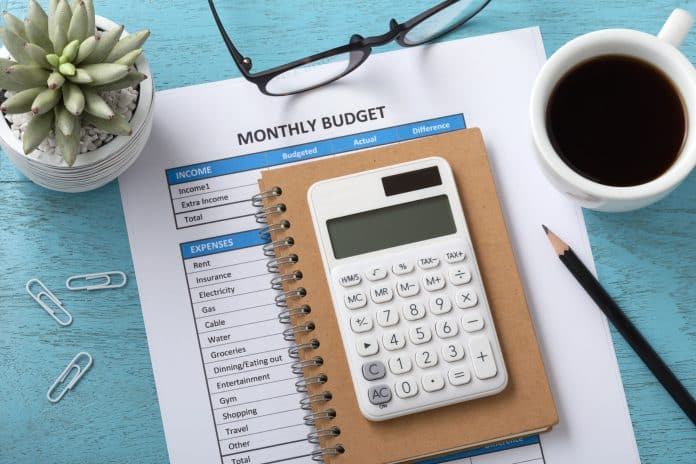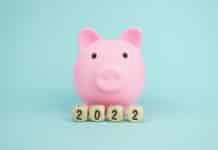
Managing your budget is essential for good financial health. When you effectively manage your budget, oftentimes it leads to better security and peace of mind. This means more than just keeping track of what you earn and spend. It’s about knowing your spending habits and plans for both now and the future. Challenges like surprise costs and changing income can make budgeting hard, but a clear and flexible budget plan can help you deal with these issues. By setting goals and checking your budget often, you can stay on top of your finances, even when unexpected things happen. Fortunately, there are solutions and some practical tips that can help. Let’s check out a few!
Ways to Improve Your Budgeting
When you’re setting up your budget, it’s important to think about what works best for you. Good budgeting is not just about tracking money, it’s about making your money work for you, and who wouldn’t want that! However, just as it’s important to maintain your budget, it’s equally important to seek help when needed. Finding a professional, like a financial advisor, is never a bad idea. They can assist if you find yourself stuck while creating a budget plan. That being said, check out a couple of these tips below to better your budget.
- Plan Your Budget Early
- Know What’s Essential
- Make a Realistic Budget
- Stay Adaptable
- Choose Suitable Tools
Remember, the key is to change these tips to suit your personal goals. Keeping you on track towards smarter budget management.
Tips for Smarter Budget Management
Tip 1: Plan Your Budget Early
To manage your budget well, it’s important to plan in advance. About a week before a new month, spend some time planning for that month’s activities and costs. This might include special things like a trip or a vet visit, which don’t happen every month. After you plan, make a budget that fits these different needs. Your needs will change, so your budget shouldn’t be too strict. Checking your budget each month is a smart way to make sure you’re following it. If you’re spending too much or too little in certain areas, change your budget to make it work better. This way, your budget matches what you really need and do.
Tip 2: Know What’s Essential
Knowing the difference between “needs” and “wants” is key for a good budget. A good method to help balance the difference is the 50/20/30 rule. This means using about 50% of your money for important things, 20% for saving or paying debts, and 30% for things you want but don’t need. For example, if you earn $2,000 a month, following the 50/20/30 rule would look like this:
- 50% for Needs ($1,000): This includes essentials like rent, groceries, and utility bills.
- 20% for Savings or Debt ($400): This could go into a savings account or towards paying off credit card debt.
- 30% for Wants ($600): This is for things you enjoy but don’t necessarily need, like dining out, hobbies, or streaming services.
Tip 3: Make a Realistic Budget
Effective budgeting begins with being realistic. It’s important to understand that changing your spending habits can be a slow process. Try to include things you enjoy in your budget, like fun activities or hobbies, but do so in a way that doesn’t hurt your savings goals. Think of your budget like a balanced diet for your finances, where moderation is key. This approach makes it easier to stick to your plan without feeling restricted.
Tip 4: Stay Adaptable
Always have a plan for surprise expenses. These unexpected costs can happen to anyone and can upset your budget if you’re not ready. By setting aside a little bit of money regularly for these unexpected costs, you can handle them without disrupting your main budget. This method helps in dealing with life’s surprises more smoothly.
Tip 5: Choose Suitable Tools
Online tools can be very helpful in keeping track of your budget. These tools make it easier to see how much money you’re making and where it’s going. By having a clear view of your financial situation, you can make smarter decisions about how to spend and save your money. It’s about knowing your financial flow and managing it wisely.
Final Verdict
Getting good at budgeting is a big step toward having control over your money and feeling confident. By planning early, knowing the difference between what you need and what you just want, and using smart budgeting methods, you can lead your money life better. Remember, a good budget changes as your life does. It helps you with what you need now and what you want to do later. Use these tips to build a future where you feel good about your money.

















